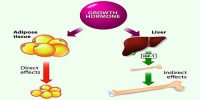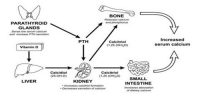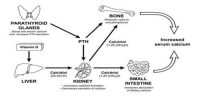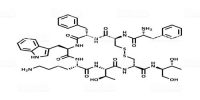Pregnancy Tests are a medical test which women have to find out if they have become pregnant. A pregnancy test measures a hormone in the body called human chorionic gonadotropin (HCG). HCG is a hormone formed during pregnancy. It appears in the blood and urine of pregnant women as early as 10 days after conception.
The pregnancy tests are –
(A) Laboratory tests for pregnancy:
(i) Modern method: Immunologic test:
- Direct agglutination test
- Indirect agglutination test.
(ii) Biological method:
- Friedman test,
- Ascheim – zondek test,
- Kupperman test,
- Hogben test,
- Galli manini test,
(iii) Radioimmunoassay,
(iv) Enzyme Immunoassay.
(B) Special test:
- Ultrasonography
- X-ray (after 32 weeks)
- Fetal heart sound.
The principle of pregnancy test:
Mainly based on antigen and antibody reaction. HCG in urine is the antigen and antibody developed against HCG after administration of HCG in rabbits. This anti-HCG is taken from those rabbits and is used to detect the presence of HCG in pregnant women’s urine. Inhibition agglutination means (+) pregnancy test.















